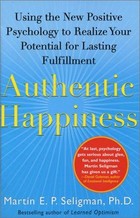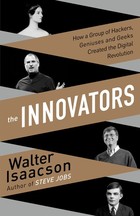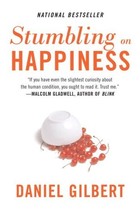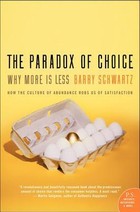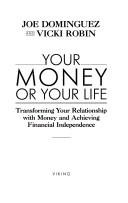Steve Wozniak's recent reflections on wealth and happiness offer a masterclass in life philosophy that challenges Silicon Valley's relentless pursuit of accumulation. The Apple co-founder's decision to give away most of his wealth while maintaining a formula for happiness—"Smiles minus Frowns"—represents a radical departure from tech's traditional success metrics.
The $10 Million Sweet Spot
Wozniak's current net worth of approximately $10 million (plus speaking income over 20 years) puts him in what researchers call the "happiness plateau." Studies consistently show that beyond $10-15 million, additional wealth provides diminishing returns on life satisfaction. His observation that "a huge yacht will only take your time" reflects this economic reality—luxury becomes burden when it demands management rather than enjoyment.
The Engineering Mindset Applied to Life
Wozniak's approach mirrors his engineering philosophy: elegant simplicity over complex optimization. His decision to pay 55% combined taxes without seeking dodges, while seemingly inefficient, eliminates the mental overhead of wealth management. This "inefficiency" becomes efficiency when measured against time and peace of mind.
The contrast with his Apple co-founder Steve Jobs is instructive. Where Jobs pursued perfection through control and accumulation, Wozniak chose contentment through contribution. His funding of museums and arts groups in San Jose created lasting public value while maintaining his core identity as an engineer who builds things for others.
The Naivety Advantage
What critics might call Wozniak's "naivety" actually represents sophisticated emotional intelligence. His ability to remain genuinely curious and approachable—evidenced by countless stories of chance encounters at airports and conferences—stems from his early philosophical framework developed at age 18-20. This consistency across decades suggests not naivety but intentional character design.
The Authenticity Premium
In an industry increasingly characterized by performative success and carefully curated personas, Wozniak's authenticity commands a premium. His willingness to speak openly about Apple's failures alongside its successes, his genuine enthusiasm for technology education, and his accessibility to fans and students create a form of social capital that money cannot buy.
This authenticity extends to his current ventures. While some question his involvement in blockchain projects, his consistent framework suggests these align with his core mission of democratizing technology rather than pure profit maximization.
Lessons for Modern Tech Workers
Wozniak's philosophy offers practical guidance for today's tech professionals facing similar wealth-versus-fulfillment decisions:
- Define success early: Establish personal values before external pressures mount
- Optimize for optionality: Wealth should increase choices, not create obligations
- Maintain accessibility: Success shouldn't isolate you from meaningful relationships
- Create lasting value: Consider impact beyond personal accumulation
The Compound Interest of Contentment
Perhaps Wozniak's greatest insight is treating happiness as an engineering problem with a measurable formula. By optimizing for "Smiles minus Frowns" rather than net worth, he discovered something more valuable than compound financial interest: compound contentment. Each decision reinforcing his core values creates a positive feedback loop that traditional wealth accumulation cannot match.
In a world where tech billionaires struggle with purpose beyond their first billion, Wozniak's path suggests that the real innovation isn't in accumulating more, but in knowing when you have enough—and what to do with the freedom that knowledge provides.
